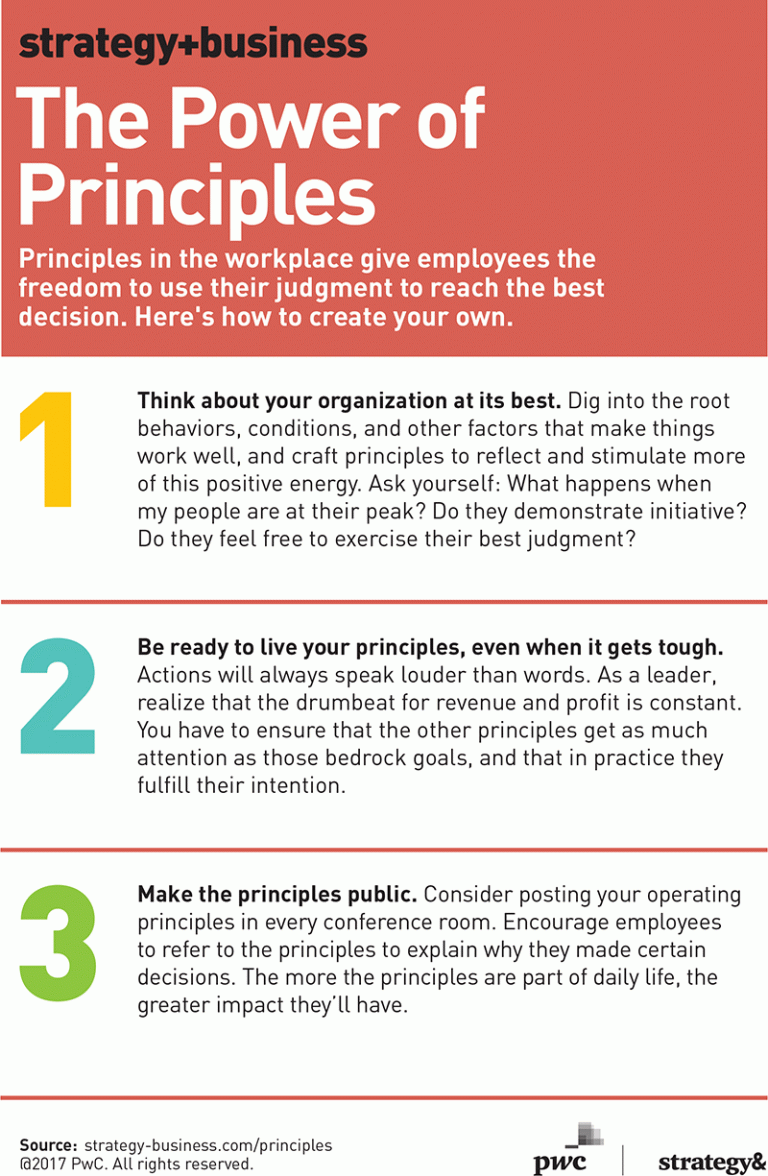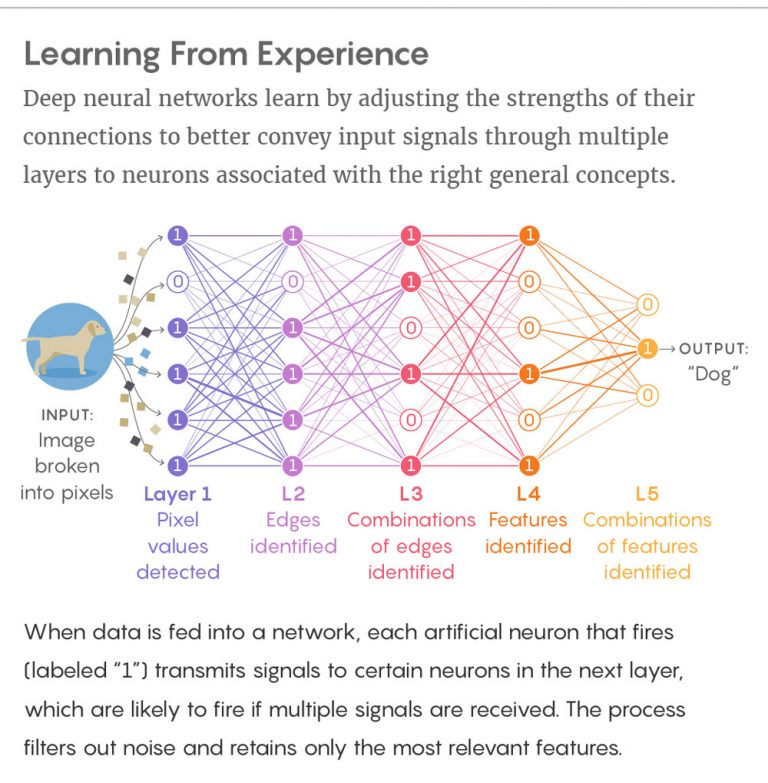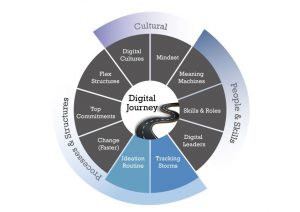
Mr David Slocum is one of the Faculty Directors of Berlin School of Creative Leadership, Professor and a prolific academic writer.
We wanted to find out how a top-level academic views creativity so we had a blitz-interview with Mr Slocum.
Please read on to find David’s inspiring resources after the interview!
What does creativity mean for you?
Creativity is an elemental aspect of who we are as human beings and how we interact in social relationships, processes, and systems. Creativity is a mode of individual thinking, feeling, and behaving, a way of seeing and being in the world, and a basis of social interaction and organization. 'Creativity has the particular power to enable learning, inspire people, embrace novelty, effect change, foster original decision-making and expression, and drive problem-solving.
If creativity is an unlimited resource, how do you harvest your team's creativity?
A great challenge of discussing creativity, and ultimately of leading creative teams, is to avoid overly simplistic, vague, or mystical views of creativity. While arguably an unlimited resource, its very protean and multifaceted nature means we do well to de-mystify and appreciate what we and others mean when we say, 'creativity'. Researchers often approach creativity along four or five related but separable dimensions -- in terms of people, processes, products, place or context, and sometimes the intermediaries who ascribe creative value in the community or market.
As a team leader, it is crucial to recognize how creativity (which of these dimensions, for example) relates to specific situations and to ensure team members have a shared understanding of creativity as potential means and/or end to their work together. This is more than academic questing after definitions: 'by clarifying what creativity means in specific situations to specific people, teams and leaders can better differentiate what they are doing and produce creative and competitive advantage.'
Could you share a life story (personal or professional life) on how creativity improved the world? It could very well be a story of how an unconventional, "crazy idea" saved the day, a story on how lateral thinking helped you come up with a better solution.
For me, it's vital to consider creativity as part of our everyday lives, shaping seemingly small decisions and actions as well as sparking grand gestures or productions. As an educator, that translates into an ongoing commitment to being creative in organizing and leading classroom and consulting sessions. Planning a recent program addressing diversity in creative communication industries, I began by drawing on previous programs I had led and more current research on the topic.
The creative improvement came when a plumber arrived at my flat to repair a neighbor's broken pipe -- and interrupted my work. Having to shift my thinking from intellectual deliberations to the practicalities of physically breaking through a building wall yielded the idea that I should include a similar 'interruption' in the diversity training and bring into the session individuals with very different ways of problem-solving and engaging with others. It ended up being a powerful segment that highlighted the complex realities of interacting with diversity.
Let yourself inspired by David’s recent recommendations on leadership, business and creative thinking.
Top 5 recent articles recommended by David

2. New Theory Cracks Open the Black Box of Deep Learning

3. Scanning and Responding to Digital Change

4. The future of advertising: Personal and contextual on all touchpoints
5. Privacy, Security, and Digital Inequality
And, if you visit the Berlin School of Creative Leadership Blog, you will find a lot of articles written by David and other inspiring professors and guests: https://www.berlin-school.com/blog
Join the IAA Global Conference, 24-25 October and meet David in person!